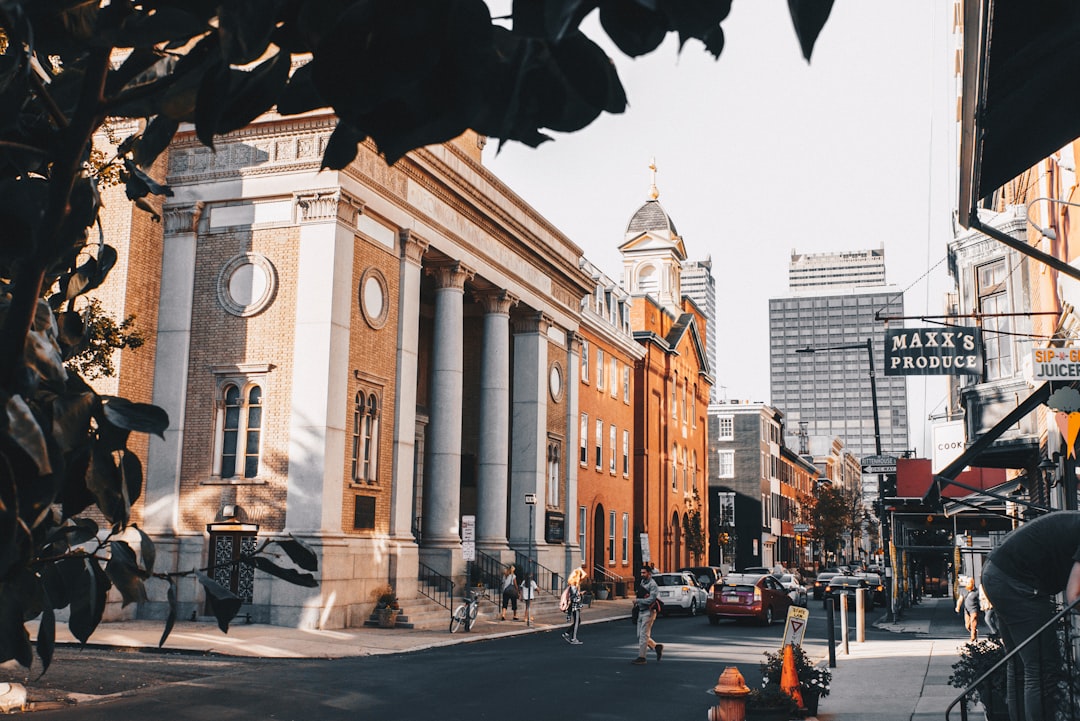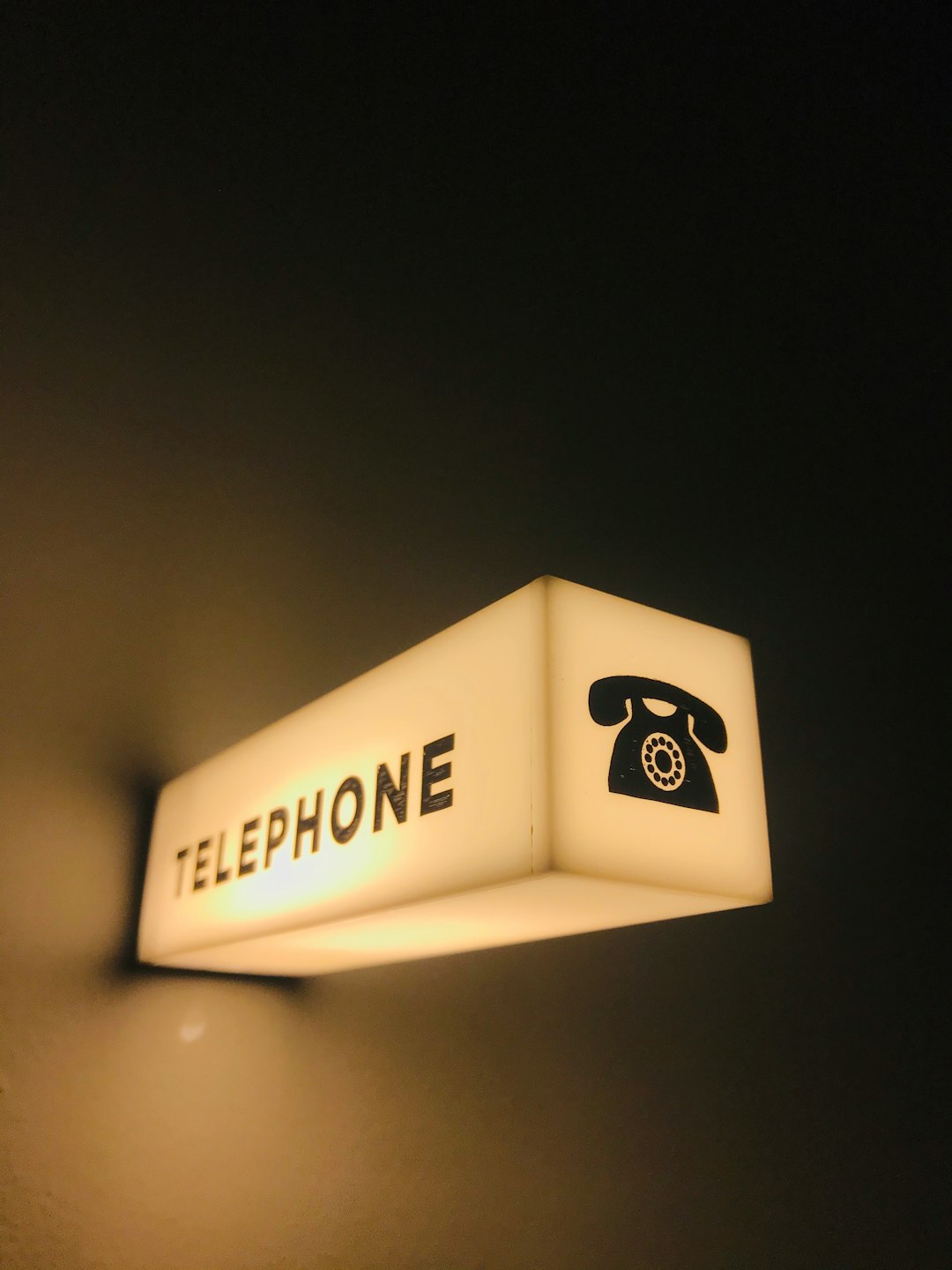Robocalls are regulated in Philadelphia by state and federal laws like the TCPA to prevent consumer harassment. Educational institutions must adhere to strict guidelines when making automated marketing calls to avoid fines and legal repercussions. A Robocall Lawyer or Spam Call Attorney in Philadelphia is essential for ensuring compliance, protecting student rights, and maintaining institutional integrity. These professionals help schools navigate the complex web of spam call laws, obtain prior consent, provide opt-out options, and respect timing restrictions. Residents experiencing excessive or unauthorized robocalls from educational institutions can seek guidance from experienced legal professionals.
In today’s digital age, robocalls from educational institutions in Philadelphia have become a common occurrence. But when are these automated calls allowed? This article explores the legal framework surrounding robocalls, focusing on when educational entities can legally contact students and residents through this method. With insights from top Robocall Lawyers in Philadelphia, discover how to navigate spam call laws and understand your rights as a Philadelphia resident or student facing unsolicited calls. Learn more about Robocall Attorneys in Philadelphia and Spam Call Law Firms Philadelphia to protect yourself from intrusive communications.
Understanding Robocalls and Their Legal Framework in Philadelphia

Robocalls, automated phone calls that deliver pre-recorded messages, have become a ubiquitous part of modern communication, often with a reputation for being intrusive and unwanted. In Philadelphia, as in many places across the country, these automated calls are governed by strict regulations to protect consumers from harassment and deceptive practices. The legal framework surrounding robocalls is designed to ensure that institutions, businesses, and organizations use this technology responsibly and ethically.
Philadelphia’s approach to robocalls is guided by state and federal laws, such as the Telephone Consumer Protection Act (TCPA), which restricts how and when automated calls can be made for marketing or non-emergency purposes. A Robocall Lawyer Philadelphia or Spam Call Attorney Philadelphia is crucial for educational institutions looking to navigate this legal landscape. These experts can help ensure that robocalls from Philadelphia educational institutions comply with the law, protecting both the rights of students and the institutions themselves from potential legal repercussions and fines.
When Educational Institutions Can Legally Make Robocalls

Educational institutions in Philadelphia, like schools and universities, have specific legal frameworks governing their use of robocalls or automated telephone communications. They can legally make robocalls under certain conditions outlined by the Telephone Consumer Protection Act (TCPA) and local regulations. These calls are often used for important announcements, enrollment updates, financial aid information, and other essential purposes related to student services.
A Robocall Lawyer or Attorney in Philadelphia specializing in spam call laws can provide guidance on navigating these rules. They ensure that institutions comply with the TCPA by obtaining prior express consent from recipients, allowing opt-out options, and adhering to timing restrictions. This is crucial to avoid legal repercussions and protect individuals from unwanted or abusive automated calls, while still permitting educational institutions to effectively communicate with their communities.
Navigating Spam Call Laws: A Guide for Philadelphia Residents and Students

Navigating the complex landscape of spam call laws can be a daunting task for Philadelphia residents and students. With robocalls from educational institutions becoming increasingly common, it’s essential to understand when these automated calls are permissible and your rights as a recipient. The Telephone Consumer Protection Act (TCPA) regulates robocalls, including those from schools and universities, setting guidelines on consent and opting out.
Philadelphia residents who experience excessive or unauthorized robocalls from educational institutions can seek legal advice from experienced robocall lawyers or attorneys in the city. A reputable Spam Call Law Firm in Philadelphia can help protect your rights and navigate the legal intricacies surrounding these calls. Understanding when a robocall is considered legitimate, such as for recruitment purposes or financial aid updates, versus an unsolicited marketing call, is crucial. Residents should also be aware of their ability to register with the National Do Not Call Registry and opt out of specific calls, though certain exceptions may apply for educational institutions.






